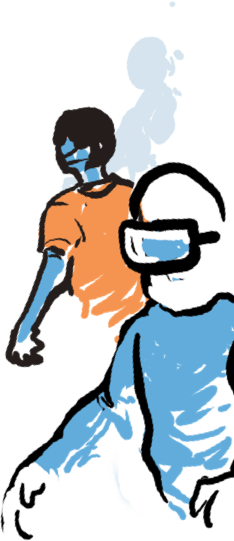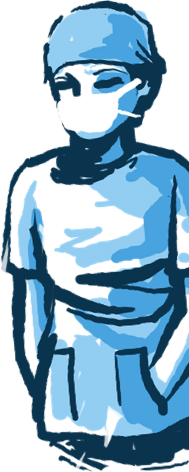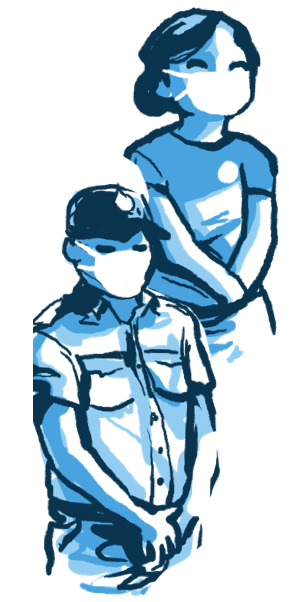PH Cases
Health and Safety Tips
KDR TV
-
Hotlines
- UNTV Digital Clinic
- Serbisyong Bayanihan
- Government Agencies
- Local Government Units
PH Cases
Health and Safety Tips
KDR TV
Hotlines






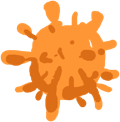





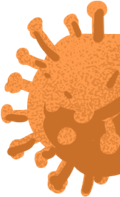





The 2019 Novel Coronavirus belongs to a large family of coronaviruses that has never been encountered before.
Coronavirus is the same family of viruses that cause common colds, MERS-CoV, SARS-CoV, as well as diseases in farm animals and pets.
The World Health Organization (WHO) Country Office in China has received a report of severe pneumonia of unknown cause detected in Wuhan, China, on December 31, 2019.
The WHO named the 2019 nCoV disease as Coronavirus Disease 19 or COVID-19 and the microbe as the COVID-19 virus.
COVID-19 is transmitted when an infected person sneezes, coughs, or talks, sending tiny droplets into the air.
Tiny droplets from an infected person can be breathed in by people nearby or picked up by their hands then transferred when they touch their nose, mouth, or eyes.
Family members and healthcare workers attending to an infected person are most likely to get infected.
At a higher risk of getting COVID-19 are the elderly (people over 60 years old) and those with underlying medical conditions, such as: diabetes, heart disease, respiratory illness or high blood pressure, and those with weak immune systems.
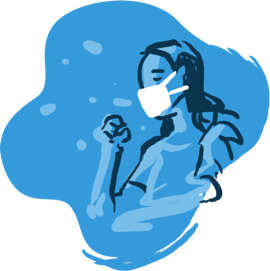

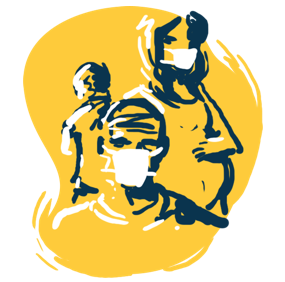

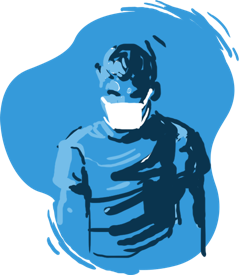
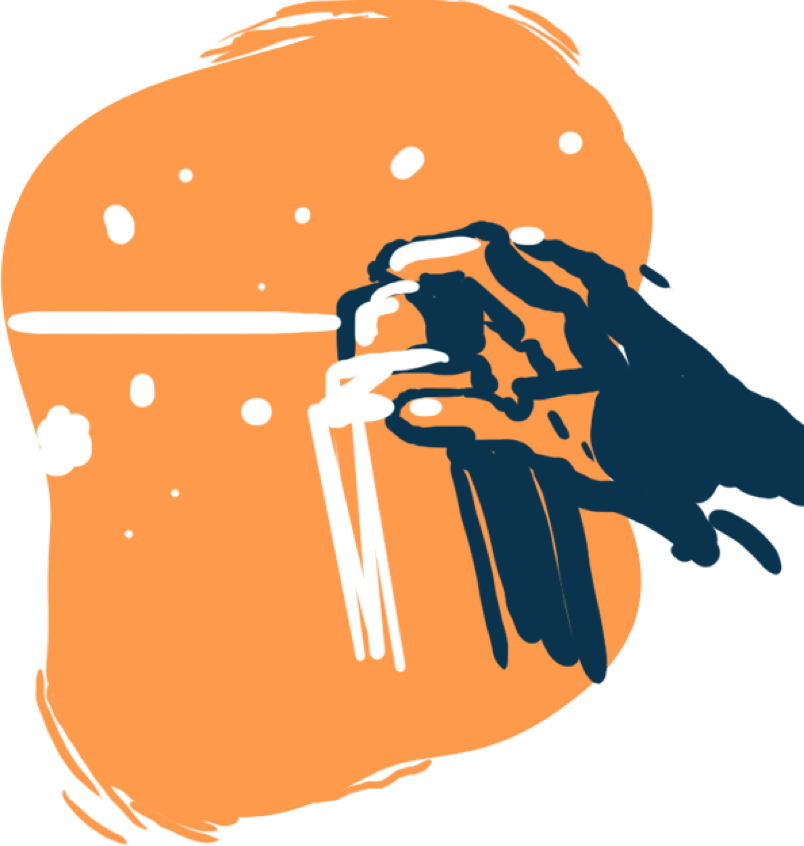


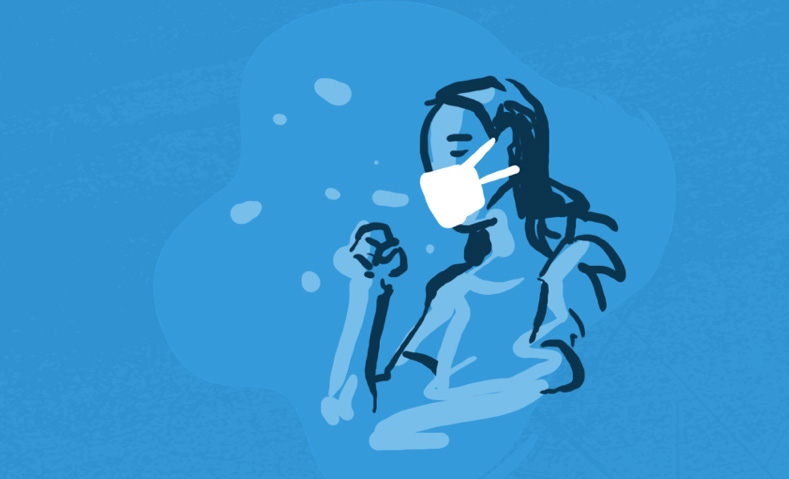
The most common COVID-19 symptoms are:
Some patients may have:
Only around 1 in 6 patients will experience difficulty in breathing and become seriously ill. Some having asymptomatic cases report losing their sense of smell and/or taste.
Patients usually have mild symptoms and recover without needing any special COVID-19 treatment.

COVID-19 spreads primarily from one person to another. To protect yourself and others from catching this virus, make sure to follow these six coronavirus prevention measures:
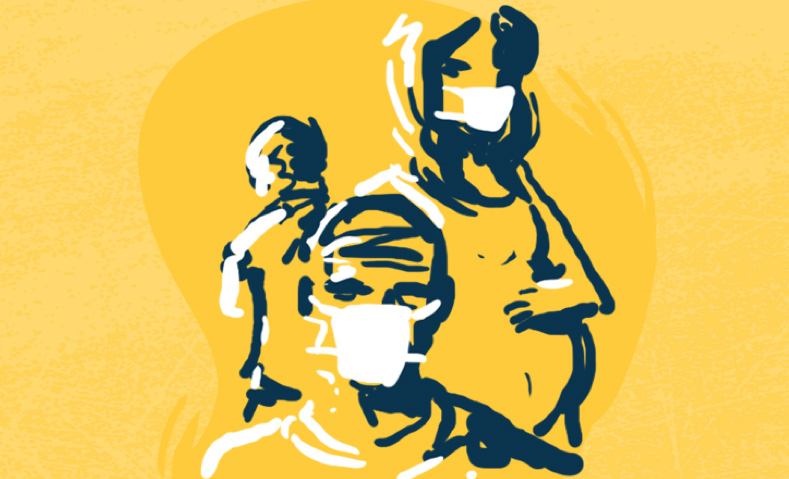

As of this writing, the number of coronavirus disease (COVID-19) infected people worldwide is still rising. At home, you can help reduce your risk by keeping it clean and doing your part to protect your household. Staying inside 24 hours a day, 7 days a week can be challenging. To keep yourself protected, consider these tips:
Some of the most used/touched objects at home are as follows:
To protect ourselves from COVID-19, we must maintain our surroundings clean and disinfected at all times. Here’s a simple guide on how to make our living spaces virus-proof:
Living Room
Kitchen
Bathroom
Bedroom
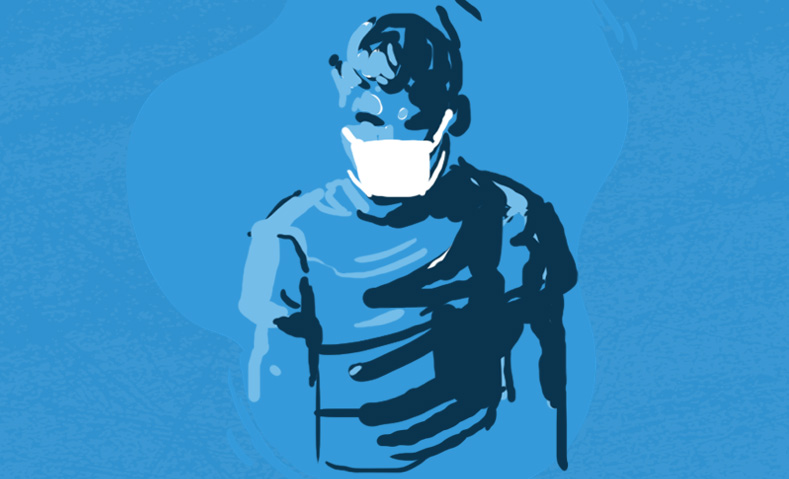
It is possible that you have had coronavirus and been asymptomatic. If you think you may have been infected and shedding the virus, it is best to take the following steps:

Hard Surfaces
Soft Surfaces
Properly clean soft surfaces such as rugs, carpets, and drapes with the appropriate cleaners. They must be washed according to the manufacturer’s instructions.
Electronics
Immediately remove any visible contamination from gadgets and electronic devices, such as cell phones, tablets, remote controls, and keyboards.
Clothes, linens, and other things that go in the laundry
Wear disposable gloves even when doing the laundry, especially if they’re from an infected person. Clean your hands immediately after removing the disposable gloves.

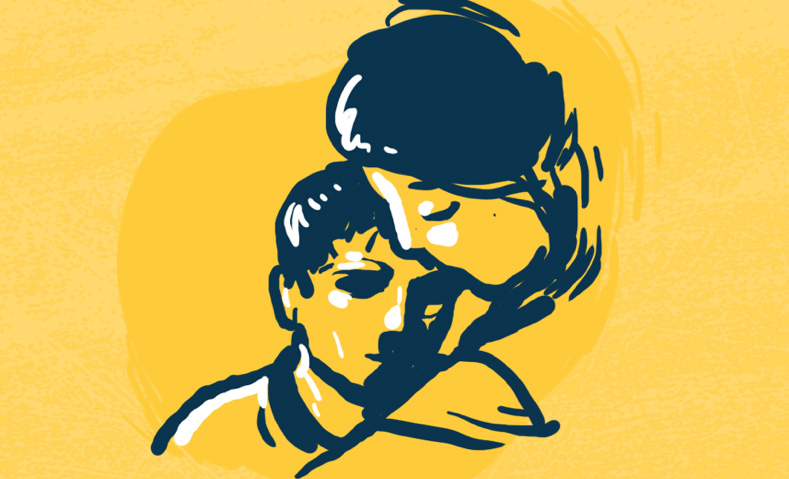


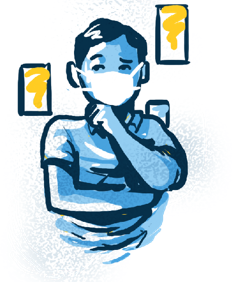


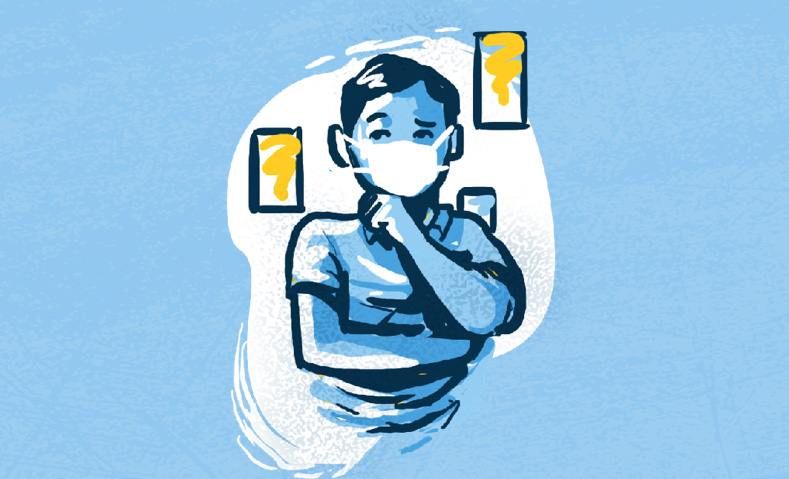
In this day and age, false stories or fake news are prevalent. If you are not careful, reading and evaluating the content of these posts, their catchy headlines might lure you to share their content too.
So, here are some tips on how to spot a fake news story:

To provide tips and the latest updates about the coronavirus disease, Kuya Daniel Razon utilized his channel — KDR TV.
For any health-related concerns, you may call UNTV News and Rescue's 24/7 digital clinic hotline through the following numbers:
For assistance and other inquiries, you may call or text Serbisyong Bayanihan hotlines by the numbers provided below.
